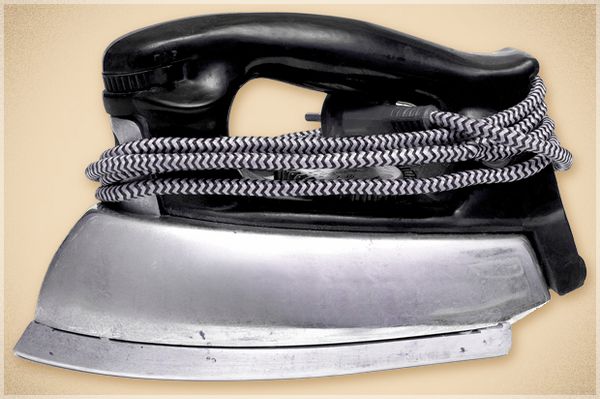
The women in this book, as Nadasen demonstrates, were innovative labor organizers. At a moment when the labor movement is in decline as capital increasingly treats workers as interchangeable or indispensible as the number of manufacturing jobs continues to dwindle and the number of service sector jobs expands as workers in industrialized countries find themselves in an precarious situation and struggle hard to make ends meet without state support or protection-the lessons of domestic worker organizing recounted here might prove to be more important than just a correction of the historical record. Household Workers Unite offers a window into this occupation from a perspective that is rarely seen. Household Workers Unite by Premilla Nadasen. And equally important they articulated a profound challenge to unequal state policy. Taking on the classics of 19th century literature from a feminist perspective, it’ll change how you think about some of your favorite classic novels. We learn about their complicated relationship with their employers, who were a source of much of their anguish, but, also, potentially important allies. At the crossroads of the emerging civil rights movement, a deindustrializing economy, a burgeoning women's movement, and increasing immigration, household worker activists, who were excluded from both labor rights and mainstream labor organizing, developed distinctive strategies for political mobilization and social change.

She uses the stories of a handful of women to illuminate the broader politics of labor, organizing, race, and gender in late 20th-century America. Summary: "Premilla Nadasen recounts in this powerful book a little-known history of organizing among African American household workers.


 0 kommentar(er)
0 kommentar(er)
